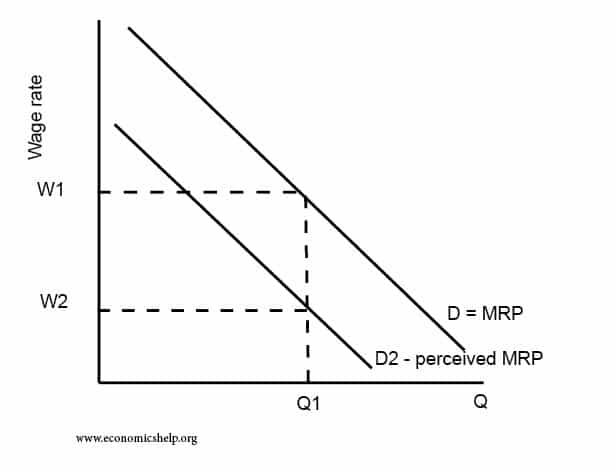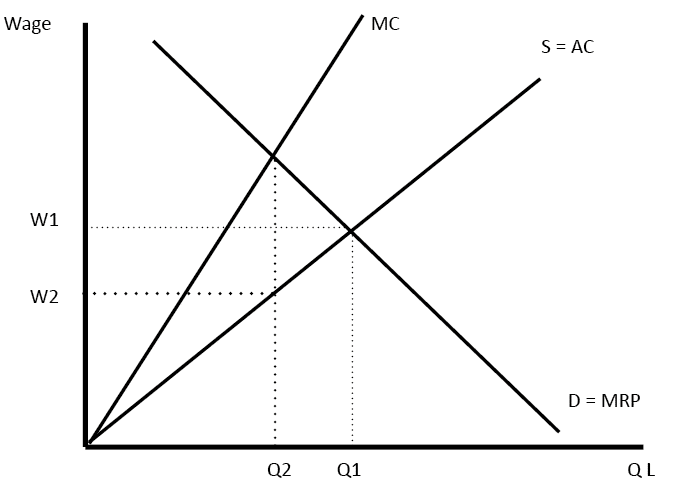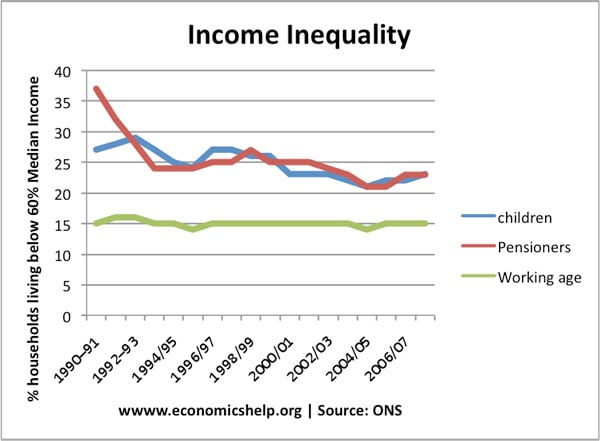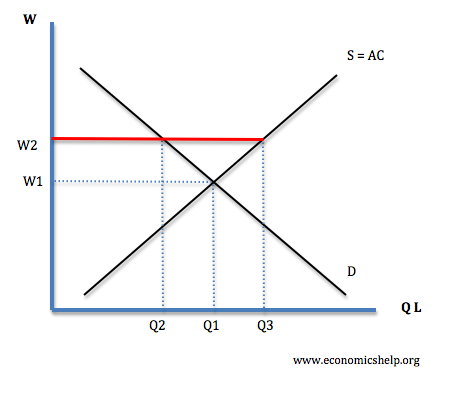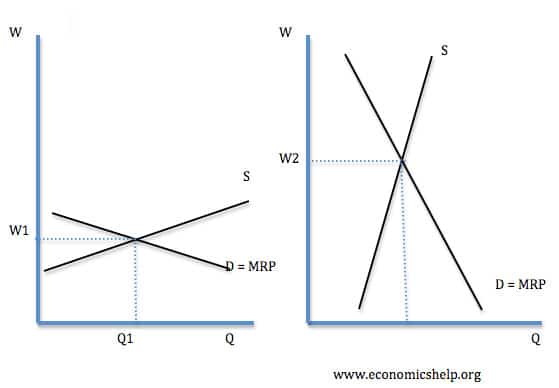Fairness and Reciprocity in economics
In behavioural economics, studies have suggested individuals value the concept of reciprocity. If people are kind to us, we have a greater tendency to respond in kind – behaving more altruistically than self-interest theory suggests. Reciprocity can also work in a negative sense, with agents willing to ‘punish’ those who abuse the ‘rules of the …


